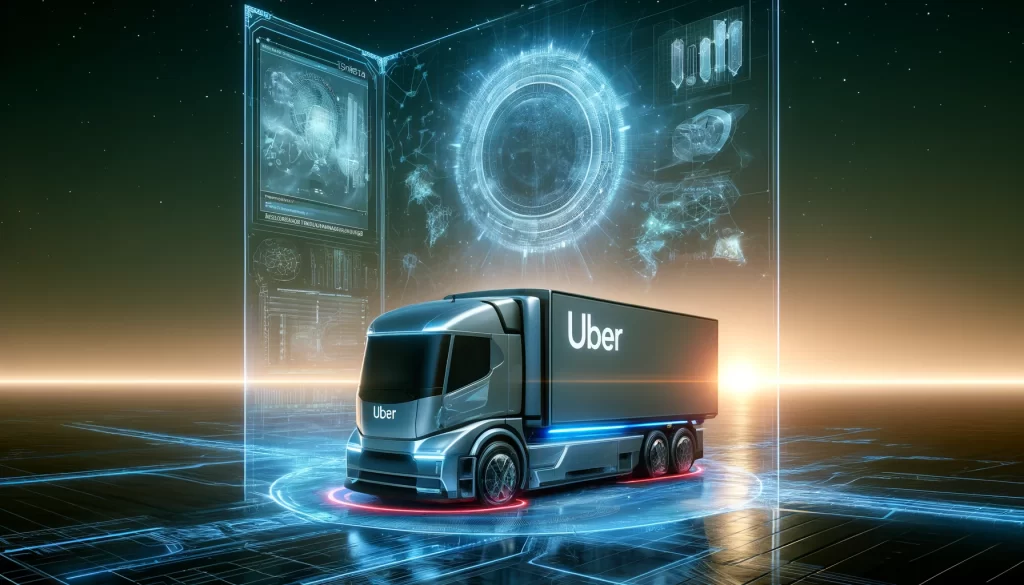As artificial intelligence (AI) becomes more sophisticated, logistics companies are harnessing its power to reduce costs, accelerate deliveries, and preemptively manage disruptions, signaling a transformative shift in supply chain management.
Incorporating Generative AI for Competitive Advantage
The logistics sector is increasingly integrating generative AI into their operations, aiming to achieve cost reductions, expedite distributions, and proactively address potential supply chain interruptions. Generative AI, which can process vast datasets, predict outcomes, and interact in a humanlike manner, is being adopted for tasks such as customer support via chatbots for shipment tracking and load booking.
Efficiency Gains through AI-Driven Consolidation
Celonis, a German software company, collaborates with Mars, a snack-food supplier, to leverage generative AI for optimizing truckload consolidation. This AI application has significantly reduced manual workload by 80%, leading to decreased shipping costs, lower emissions, and improved punctuality in deliveries. The AI system proactively suggests load combinations, a task previously done manually while considering variables like weather and refrigeration needs.
Cost-Saving Insights from AI Analysis
AI is also being employed to scrutinize contracts and billing, ensuring companies capitalize on negotiated terms such as rebates and discounts. This meticulous review process, once a labor-intensive task, is now streamlined by AI, uncovering cost-saving opportunities and ensuring contract terms are fully utilized.
The Evolution of AI in Supply Chain Management
The adoption of generative AI represents an advancement in the ongoing integration of machine learning within supply chain operations. Retailers like ThredUp are utilizing AI to enhance productivity and throughput in distribution centers, with the technology also aiding in the creation of detailed product descriptions online.
Limitations and Future Potential of Generative AI
Despite its promise, generative AI is not without limitations. Its effectiveness is contingent on the quality of the training data, and it can occasionally produce inaccurate responses. Consequently, its application is currently confined to specific supply chain segments to mitigate risk. However, experts anticipate broader applications in the future, such as order management and supplier tracking.
Real-Time Decision Making with AI Chatbots
Uber Freight and FourKites have developed AI chatbots that enable shippers to ask conversational questions about logistics operations. These chatbots provide insights into common route delays and service level comparisons, facilitating informed and swift decision-making. Uber Freight is also exploring AI’s potential to recommend cost-saving and efficiency-enhancing strategies to shippers.
Navigating Disruptions with AI Assistance
Companies like Bayer are utilizing FourKites’ AI capabilities to manage disruptions effectively. For instance, Bayer Crop Science has employed the technology to monitor shipments and adjust production planning in response to maritime route changes caused by geopolitical tensions.
The strategic implementation of generative AI in logistics is not just about technological adoption but a redefinition of operational efficiency and responsiveness. As companies continue to explore and refine AI applications, the supply chain landscape is poised for a significant transformation, driven by data intelligence and automation.





